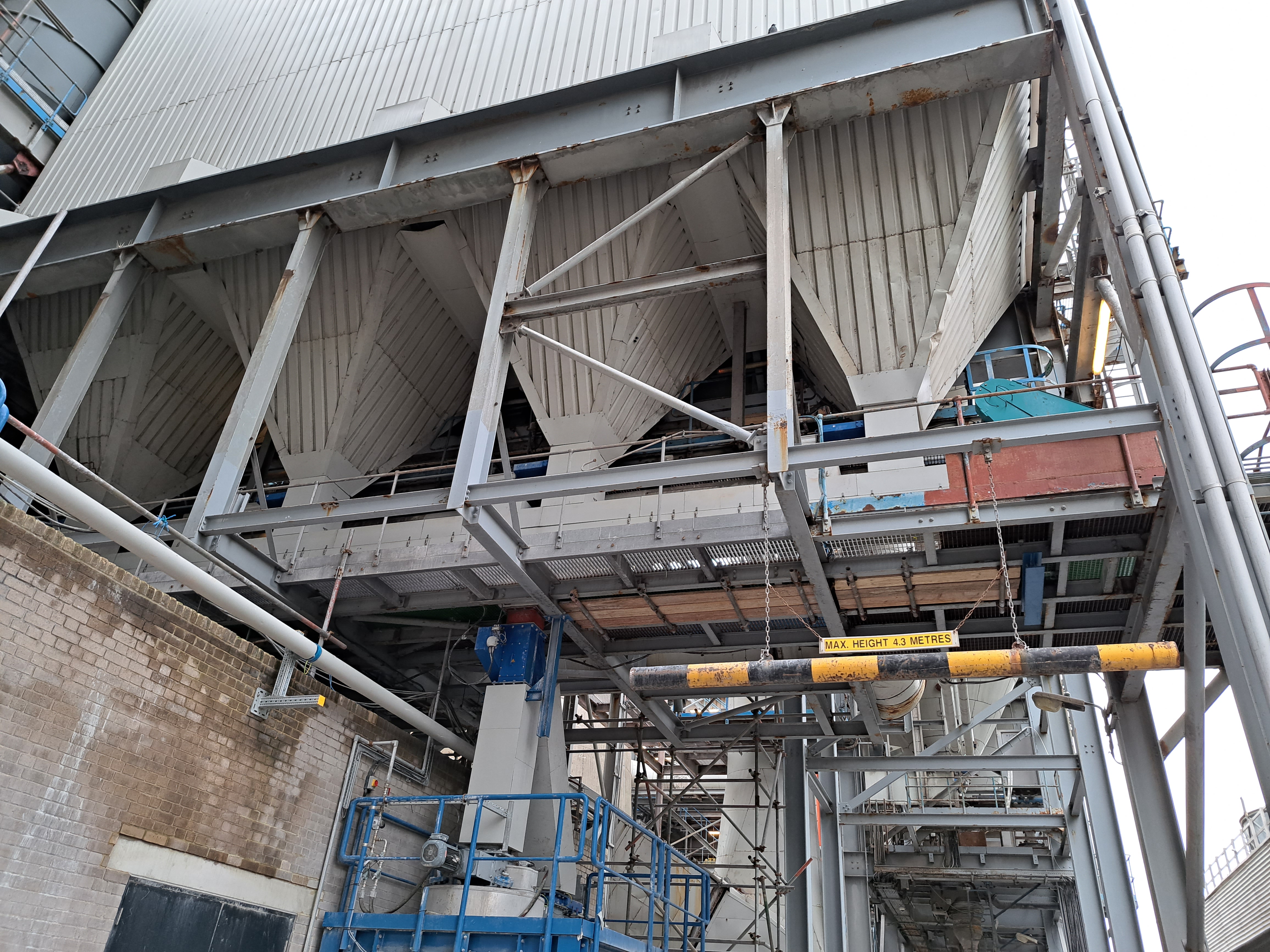Industrial Hopper Fabrication: Key Considerations and Best Practices in the UK
Industrial hoppers are a staple in various sectors across the UK, including agriculture, construction, manufacturing, and recycling. These essential components are used for bulk material handling, storage, and controlled discharge operations. The design and fabrication of industrial hoppers must meet specific operational demands while ensuring durability and efficiency. This blog explores the critical considerations and best practices involved in industrial hopper fabrication in the UK.
Understanding Industrial Hoppers
An industrial hopper is a large, usually conical or pyramidal container used in industrial processes to hold bulk materials until they are needed for use. Hoppers are crucial for achieving a seamless flow of materials and can be designed to handle anything from grains and food products to minerals and chemicals. The effectiveness of a hopper is determined by its design, material choice, and the precision with which it is fabricated.
Design Considerations
When designing an industrial hopper, several factors must be taken into account to ensure optimal functionality:
Material Compatibility
Choosing the right material for hopper fabrication is crucial. The material must be compatible with the bulk materials it will handle to prevent contamination and ensure durability. Common materials used include stainless steel, carbon steel, and sometimes aluminium, each selected based on the environment and the chemical nature of the stored materials.
Flow Characteristics
The design must consider the flow properties of the bulk material. Issues like bridging, where material forms an arch above the hopper outlet, and rat-holing, where material sticks to the hopper walls, need to be addressed. Design techniques such as choosing the correct hopper angle and incorporating vibration or aeration systems can help mitigate these issues.
Size and Capacity
The size and capacity of the hopper must align with the operational needs of the facility. This includes not only the volume of material to be stored but also the space available in the facility and the method of material delivery into and out of the hopper.
Fabrication Best Practices
The fabrication of industrial hoppers requires precision and adherence to best practices to ensure quality and reliability:
Cutting and Forming
The fabrication process often begins with cutting and forming the metal into the shape of the hopper. Advanced techniques such as laser cutting provide precision and efficiency in shaping components.
Welding Techniques
Welding is a critical step in hopper fabrication. Techniques such as MIG or TIG welding are commonly used depending on the material and the required strength of the welds. Proper welding ensures that the hopper is structurally sound and leak-proof.
Finishing
Appropriate finishing methods, such as painting, coating, or galvanising, are applied based on the operational environment to enhance corrosion resistance and extend the lifespan of the hopper.
Quality Control
Throughout the fabrication process, rigorous quality control must be enforced. This includes dimensional inspections, material quality tests, and weld examinations to ensure that the hopper meets all specifications and standards.
Case Study: A UK-Based Cement Plant
A cement manufacturing plant in the UK recently implemented a custom-designed hopper system to improve their raw material handling efficiency. The hopper was designed with a special lining to prevent material build-up and outfitted with a high-performance dust extraction system to comply with environmental regulations. The project not only optimised the plant's operations but also significantly reduced waste and downtime.
Conclusion
Industrial hopper fabrication is a complex but critical component of many sectors in the UK. By understanding the specific needs of the application and adhering to rigorous design and fabrication standards, manufacturers can deliver hoppers that enhance operational efficiency and reliability. As technology and materials advance, staying at the forefront of design and fabrication techniques will be key to meeting the evolving needs of industries. For specialist advice and a no-obligation quotation, call IME on 02085996570 or email sales@imegroup.co.uk.

